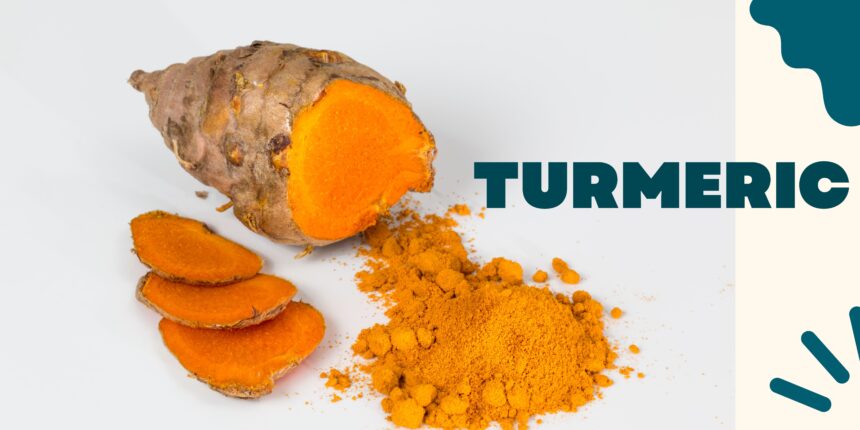The herb known as the “universal medicine” is turmeric, a spice commonly used in traditional medicine and cooking.
Turmeric, a vibrant yellow spice derived from the root of the Curcuma longa plant, has been revered for centuries as a versatile and potent medicinal herb. Its reputation as the “universal medicine” stems from its exceptional therapeutic properties, which have been extensively documented in both traditional and modern medicine.
History and Traditional Uses
Turmeric holds a prominent place in ancient healing systems, including Ayurveda and traditional Chinese medicine. For thousands of years, it has been employed to treat a wide range of ailments, including:
- Digestive disorders
- Skin conditions
- Inflammation
- Pain
- Wounds
- Liver problems
Active Compounds and Medicinal Properties
Turmeric’s medicinal prowess is attributed to its high concentration of curcuminoids, particularly curcumin. Curcumin is a powerful antioxidant and anti-inflammatory agent that has been shown to exhibit numerous health benefits.
- Antioxidant Properties: Curcumin protects cells from damage caused by free radicals, reducing oxidative stress and mitigating the risk of chronic diseases such as cancer and heart disease.
- Anti-inflammatory Properties: Curcumin effectively suppresses inflammation throughout the body, alleviating symptoms associated with conditions like arthritis, asthma, and inflammatory bowel disease.
- Antimicrobial Properties: Turmeric has been found to have antibacterial, antiviral, and antifungal properties, making it useful for treating infections and promoting wound healing.
- Hepatoprotective Properties: Curcumin protects the liver from damage caused by toxins, inflammation, and oxidative stress.
Clinical Evidence
Modern scientific research has corroborated the traditional medicinal uses of turmeric. Numerous clinical studies have demonstrated the efficacy of curcumin in treating a variety of conditions:
- Arthritis: Curcumin has been shown to reduce pain and inflammation in people with osteoarthritis and rheumatoid arthritis.
- Cancer: Curcumin has anti-cancer properties and may inhibit the growth and spread of cancer cells.
- Heart Disease: Curcumin improves cholesterol levels, reduces inflammation, and protects against heart attacks and strokes.
- Depression: Curcumin has mood-boosting effects and may alleviate symptoms of depression.
- Alzheimer’s Disease: Curcumin may protect against the development and progression of Alzheimer’s disease.
Safety and Dosage
Turmeric is generally considered safe for most peopleIt can be ingested in a variety of ways, including:
- Fresh or dried root
- Powder
- Capsules
- Tea
The suggested curcumin dose varies according on the ailment being treated. It is recommended that you get tailored advice from a healthcare practitioner.
FAQs
Q: Is turmeric safe to consume?
A: Yes, turmeric is generally considered safe for most people. However, if you have any underlying health concerns or are taking any drugs, you should see your doctor before using turmeric.
Q: How can I add turmeric to my diet?
A: You can add turmeric to your diet in a variety of ways, including:
– Including it in curries and other cuisines.
– Taking it as a supplement
– Making turmeric tea
Q: What are some of the health benefits of turmeric?
A: Turmeric has a wide range of health benefits, including:
– Anti-inflammatory properties
– Antioxidant properties
– Antibacterial properties
– Hepatoprotective properties
Q: Can turmeric help with weight loss?
A: While turmeric may have some weight loss benefits, it is not a miracle cure. It is important to combine turmeric with a healthy diet and exercise program if you are looking to lose weight.
Q: Can turmeric help with skin problems?
A: Yes, turmeric has antibacterial and anti-inflammatory properties that can help with skin problems such as acne, eczema, and psoriasis.
Q: Can turmeric help with joint pain?
A: Yes, turmeric has anti-inflammatory properties that can help reduce joint pain and stiffness.
Q: Can turmeric help with cancer?
A: While turmeric has some anti-cancer properties, it is not a cure for cancer. However, it may be helpful in preventing cancer and slowing the growth of cancer cells. health conditions.
Conclusion
Turmeric, the “universal medicine,” is a remarkable herb with a long history of medicinal use. Its potent antioxidant, anti-inflammatory, and antimicrobial properties make it effective for treating a wide range of health conditions. While scientific research continues to explore its therapeutic potential, turmeric remains a valuable addition to any holistic health regimen. protecting against cancer, and relieving pain. Turmeric can be used in a variety of ways, including adding it to food, taking it as a supplement, or applying it topically to the skin. If you are considering using turmeric, it is important to talk to your doctor first to determine if it is right for you.




